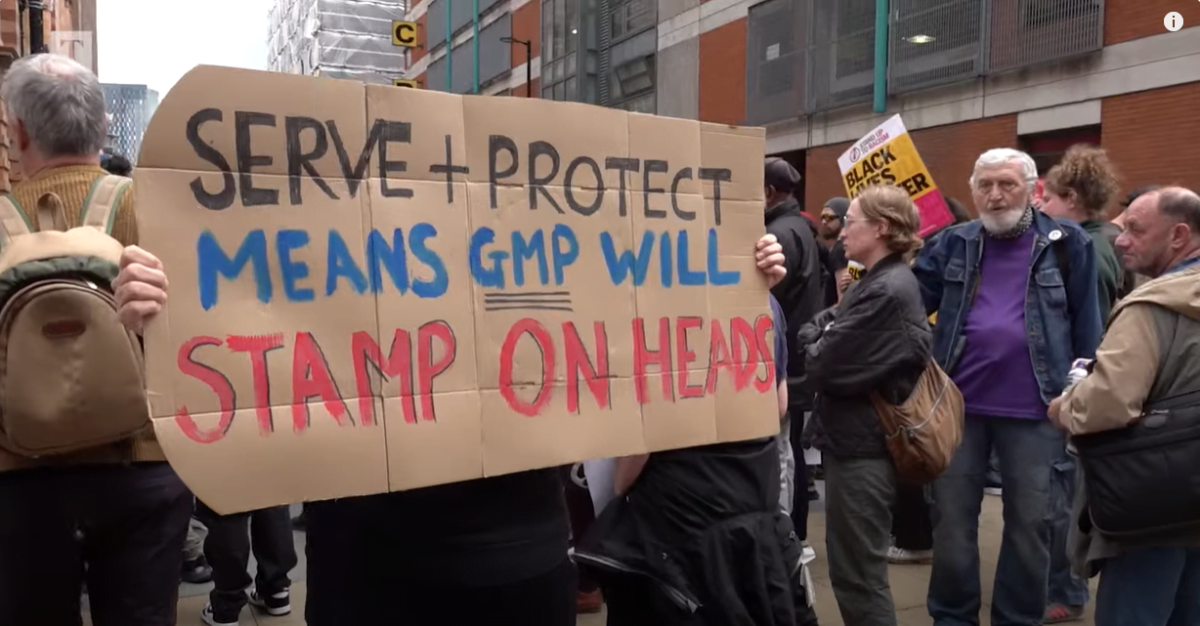Theresa May has recently announced that she will be pushing for retrogressive reforms that will see state schools in England be able to select students based on ability. Scott Shaw of the Sheffield NUT looks at the potential return of grammar schools and the rising concerns over social mobility in an age of crisis and austerity.
Theresa May has recently announced that she will be pushing for retrogressive reforms that will see state schools in England be able to select students based on ability – in short, the return of new and expanding grammar schools.
This recent education shake up is, in part, an attempt to give May’s administration a distinctive flavour and draw a line under the previous Tory cabinet of Cameron et al. Nevertheless, May’s plans are likely to face strong opposition – not only from the Corbyn-led Labour Party and the teaching unions, but even from her own backbenchers, who will be understandably concerned by the image of the Tories projected by pushing through such an antiquated policy.
Indeed, Corbyn – much-derided and attacked by the mainstream media in most other instances – was generally praised for his performance at the last PMQs (Prime Minister’s Questions) where he used all of his questions to show up the flaws and holes in the new Prime Minister’s plans.
“Social mobility”
May will trumpet this policy as a way to allow the academically-minded poor rise through the class ranks and compete with those children who are sent to fee-paying institutions. Making Britain a meritocracy with strong social mobility – based on competition and ability – will undoubtedly be a central theme of the propaganda used to try and win public support for selective education.
Research into selective education and its impact upon social mobility has been conducted nationally and internationally and has shown that selective education in no way benefits social mobility in general. This might appear to be a problem for the government; but why let the facts get in the way of a good story. Results and data can always be ignored for political expediency.
For example, you are four times more likely to go to a Grammar school if you are privately educated before the age of 11 than if you are from a low income. This is but one fact that demonstrates the real truth behind this policy. It is primarily aimed at the traditional Tory voter; those of the ‘middle’ classes who maybe cannot afford the average private school fees – of over £13,000 per year (£25,000 for boarding school) for secondary education.
Children that attend Grammar schools do, in general, achieve better qualifications than if those same children attended a non-selective school. Yet this is only one side of the coin. In those areas where Grammar schools exists, they have a greater negative impact on the surrounding children that don’t attend than those that benefit from attending. This phenomena can be explained in part by the impact of describing 11-year-olds as ‘non-academic’ if they fail to get into the local Grammar school – a damaging blow to the confidence and aspirations of many children and their parents who are given such a lable. For many young people, being tarred with a certain characteristic at such an age lingers, and can lead to substantial mental health difficulties related to, for example, low self-esteem, in later life.
Symptom of capitalist decay
 The question of social mobility is a symptom thrown up as a consequence of a capitalist system in decay. When capitalism was in an upswing during the post-war boom, social mobility was not questioned, as people generally thought tomorrow would be better than today. This began to go into reverse in the 1970s, and the lack of social mobility has been somewhat of a concern for academics and politicians of different stripes since then.
The question of social mobility is a symptom thrown up as a consequence of a capitalist system in decay. When capitalism was in an upswing during the post-war boom, social mobility was not questioned, as people generally thought tomorrow would be better than today. This began to go into reverse in the 1970s, and the lack of social mobility has been somewhat of a concern for academics and politicians of different stripes since then.
Yet this question has been taken up with more vigour in the years following the onset of the 2008 crisis – a crisis of capitalism – due to the strong sense of injustice millions of ordinary people now feel against the status quo. This has thrown up a variety of leading figures who address questions on the ever growing inequality, such as the French ‘rock star economist’ Thomas Piketty, Bernie Sanders in the USA, and Jeremy Corbyn here in Britain.
Crucially, the question of social mobility will never be answered under capitalism. There are strong forces in society with a vested interest in keeping their positions. The heads of the judiciary, police, military and media are disproportionally educated in private institutions where they are instilled with the belief that they were born to rule. Research overwhelmingly shows that private fee-paying educational institutions are crippling for social mobility yet are unquestionably persevered.
Reflection of class society
To have a society where all people can begin to understand their full potential – never mind begin to achieve that – we need to do away with all selective schooling, either by ability or economic situation. Education is said to be the great leveller in society; and, indeed, a truly comprehensive education system, if fully funded, could be an invaluable tool to raise the sights of working people above the drudgery of everyday life.
Yet continually the question of education is reduced to one of qualifications. Although not explicitly said, one would think from the Establishment’s rhetoric that if every young person gained a certain set of qualifications then we would have thriving social mobility and a prosperous economic situation. This is false to its core. The current generation of young people are the most educated in history but face worse living conditions than their parents.
There is clearly something more to be done than solely educating people, as this is but one piece in the jigsaw. A free universal education system linked to decent housing and the guarantee of a job for all is needed to begin to dissolve the rigid class system that is perpetuated by capitalism.






